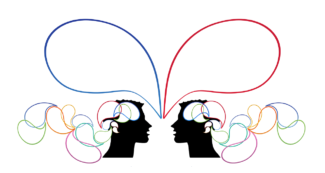We all want to be experience happiness as much as possible. Clients especially want that, but often find it elusive. But what happens when humans continue to think about being happy and how to reach happiness? Can people simply find contentment?
Emotion research has uncovered multiple methods to feel more positive emotions, like joy and inspiration. Gratitude journaling has become a popular example strategy. Some researchers have even begun to test these methods in new structured therapies aimed at treating depression and anxiety.
But continued thoughts and efforts to find happiness can actually backfire! Research has found that constantly thinking about how to feel happier and what life “should be” like in order to feel happy usually makes us feel discouraged, increases rumination and negative emotions, and even puts us at risk for depression.
Scientists have referred to this constant pressure to attain happiness as “obsession with happiness” or “the happiness paradox”. For example, constant thoughts like “I gotta feel happy,” or “Oh, life would be better if I just felt happy” idealize happiness. A strong focus on attaining happiness creates unrealistic expectations that are not possible to meet.
This is elusive because we as humans cannot “will ourselves” to be happy. The functional emotions of happiness or joy are fleeting. Instead, emotion science stresses the more lasting or sustained feeling of “contentment”. Contentment is not constant happiness, but feeling good and almost calmly confident about about yourself and your well-being.
Contentment tends to be attainable as a biproduct of engaging in routines and activities an individual might find enjoyable or meaningful. Similar to a behavioral activation approach in the case of depression, contentment is boosted naturally as a bonus of consistently engaging in those activities for their own sake.
Obsession with happiness can contribute to depression and make it even worse. Luckily we can educate clients and use methods to approach this tendency with them. And less unintended pressure on oneself to be happy (or to be anything else) can go a long way!



